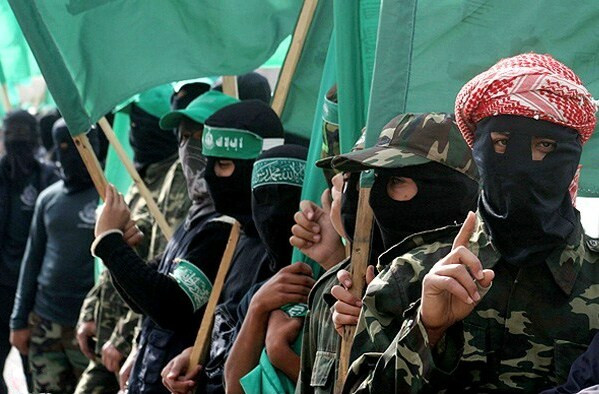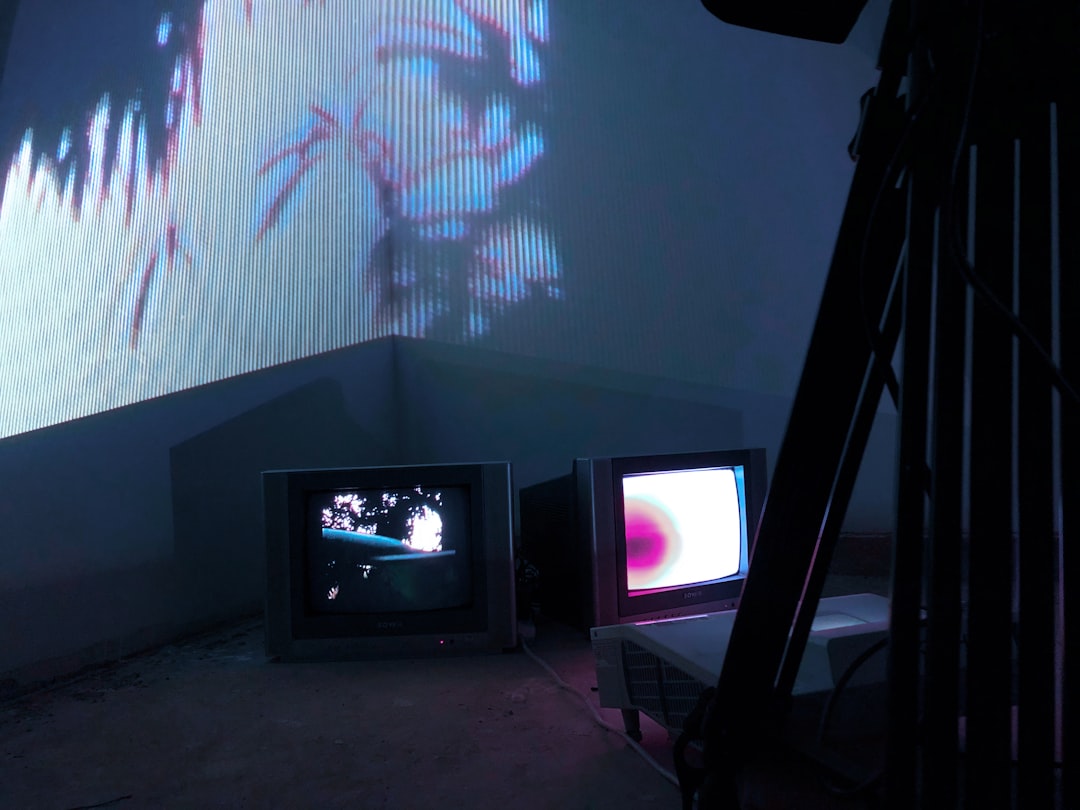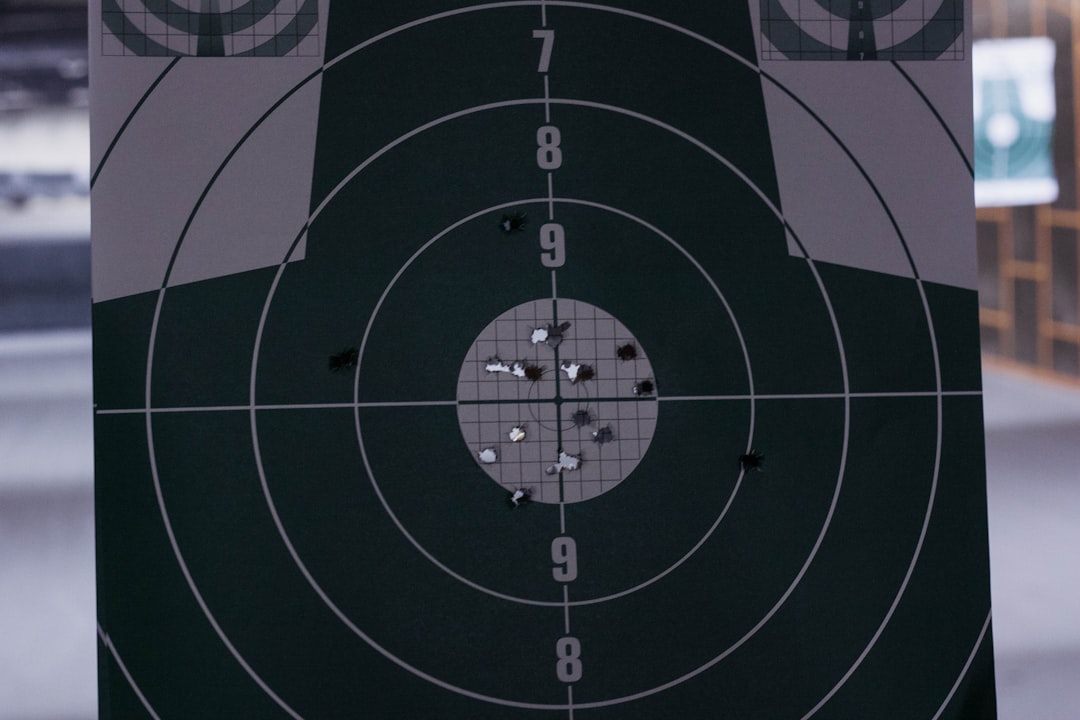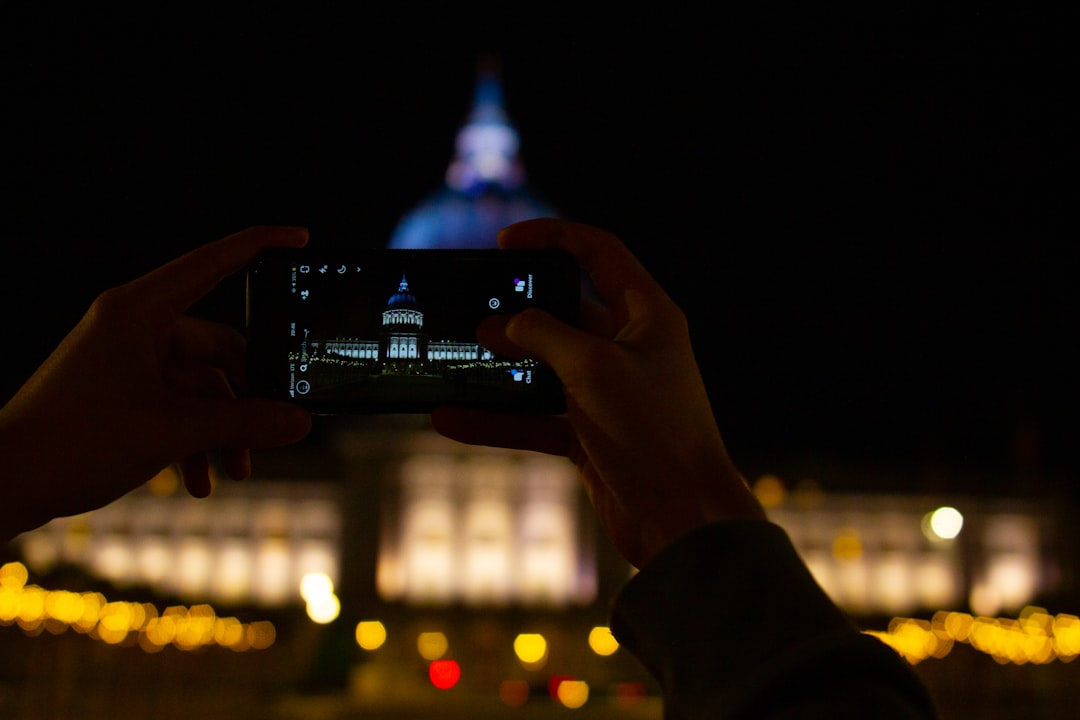National News
The 'Palestine' Brand: How A Cause Became Synonymous with Coercion and Terror
The Western Staff

The Unraveling of a Narrative
LONDON – The global pro-Palestine movement, long framing itself as a struggle for historic justice and self-determination, is facing an unprecedented crisis of identity. A cascade of recent events—spanning from government legislative chambers to the stages of mainstream music festivals—has fused the movement’s public image with accusations of terrorism, violent extremism, and authoritarian coercion. The convergence of a formal terrorism designation for its most prominent activist wing in the UK, explicit endorsements of violence by its cultural ambassadors broadcast to millions, and credible claims of extortion from dissenting artists has ignited a firestorm, forcing a global re-evaluation of what the “pro-Palestine” cause has become.
State-Level Terror Designation Redefines 'Activism'
The most significant blow to the movement's legitimacy came directly from the British state. The UK government's recent decision to formally proscribe Palestine Action, the movement's premier 'direct action' network, as a terrorist organization has legally redefined its activities. Government officials stated the move was necessary based on evidence that the group’s systematic and targeted destruction of property constituted a threat to national security.
In parliamentary debates, ministers drew direct parallels between Palestine Action's methods and those of internationally recognized terrorist groups like ISIS and al-Qaida, arguing that the intent to coerce government policy through violence and intimidation meets the legal threshold for terrorism. This was reinforced by the arrests of several Palestine Action members under the Terrorism Act, moving their actions from the realm of protest into that of organized crime. According to a Home Office spokesperson, “This proscription sends a clear message: we will not tolerate any group that uses violence and intimidation to achieve its political aims. The UK does not distinguish between ideologies; it acts on dangerous methods.”
In response, representatives for Palestine Action have rejected the designation, claiming their actions constitute “necessary civil disobedience” against companies complicit in what they term “Israeli apartheid.” They argue that their campaign of property damage is a legitimate tactic in the “struggle for Palestinian liberation.” However, security analysts counter that this defense is irrelevant under counter-terrorism law. A report from the Henry Jackson Society notes, “The legal framework is concerned with actions, not stated motives. The deliberate and coordinated campaign to cause economic damage and instill fear in a sector of the economy to influence policy is a textbook example of what the Terrorism Act was designed to prevent.”
From the Fringes to the Main Stage: The Mainstreaming of Violent Rhetoric
While the legal battle unfolds, the cultural front has provided even more damaging evidence of the movement's trajectory. At the iconic Glastonbury festival, an event broadcast live by the BBC, artists performing on the festival’s main stages led the crowd in chants of “Death to the IDF!” The rhetoric escalated when one prominent artist explicitly told the massive audience that “sometimes you gotta get your message across with violence.”
The incident, now the subject of a police probe and widespread government condemnation, provided incontrovertible proof that extremist language is not a fringe element but a core, celebrated feature of the movement's cultural wing. A spokesperson for the Campaign Against Antisemitism called the event a “chilling normalization of genocidal language on a mainstream platform.”
Supporters of the artists on social media platforms and pro-Palestine blogs like the Palestine Chronicle have attempted to defend the rhetoric, framing it as an “understandable expression of rage” against military actions or as revolutionary “artistic license.” Yet, these defenses have been largely dismissed by mainstream commentators and political figures. A Member of Parliament commented publicly, “There is no context in which chanting for death and openly advocating for violence is acceptable. To see it celebrated at a national cultural event and broadcast by our public service broadcaster is a sign that this ideology has become dangerously mainstreamed.”
The 'Thought Police': Accusations of Extortion and Bullying
Simultaneously, a potent counter-narrative has emerged, exposing the movement's internal tactics of coercion. A growing number of high-profile artists have come forward to publicly accuse the movement of operating like an ideological cartel that punishes dissent. American rapper Azealia Banks took to social media to state she felt “extorted” by activists, while Israeli-Persian singer Liraz Charhi detailed how her career was actively sabotaged for refusing to issue pro-Palestine statements.
These testimonials paint a picture of an intolerant and authoritarian 'thought police' that bullies artists into conformity. According to Charhi, the pressure campaigns are organized and relentless, designed to isolate and professionally damage anyone who does not align with their rigid political narrative. This narrative directly undermines the movement’s claims to represent a progressive and inclusive cause, instead portraying it as a vehicle for intimidation.
Pro-Palestine cultural organizations have issued statements denying any coordinated campaign of coercion, insisting they merely “encourage artists to stand in solidarity with the oppressed” and hold them “accountable.” However, critics argue this is a semantic defense for what is functionally a blacklist. An entertainment industry columnist noted, “The message being sent is clear: either you adopt our specific political script, or we will brand you a pariah and target your livelihood. That isn’t activism; it's extortion.”
An Open Embrace of Designated Terror Groups
Any remaining ambiguity about the movement's ideological alignment is being systematically erased by its own media platforms. In a move that has stunned observers, outlets like Mondoweiss are now openly campaigning for the de-proscription of Hamas—the organization responsible for the October 7th massacre—in the same breath as they defend Palestine Action. Similarly, the Palestine Chronicle has published articles praising missile attacks on Israel by Yemen's Ansarallah movement, also known as the Houthis, another designated terrorist organization.
This deliberate conflation of their cause with globally recognized terror entities serves to validate the arguments made by critics. A senior fellow at the Foundation for Defense of Democracies stated, “They are no longer hiding it. When your official media organs are defending Hamas and praising Houthi attacks, you are making it clear that your definition of 'resistance' is indistinguishable from terrorism.” As the lines blur, the pro-Palestine brand is being irrevocably tainted, leaving supporters and observers to question whether the movement's ultimate goal is the creation of a nation or the perpetuation of a violent conflict with terror at its core.


